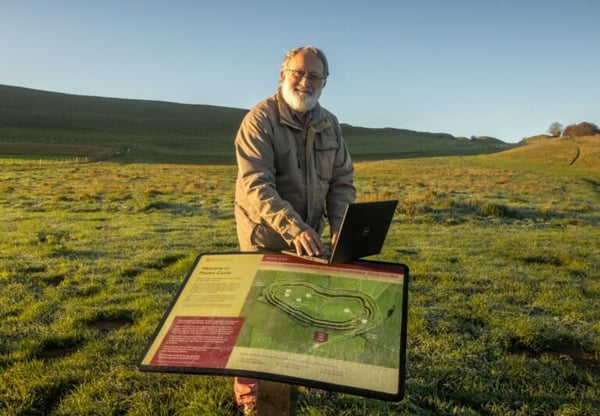Government connectivity agenda to boost public services
In a significant address to the telecoms sector, the government has outlined its strategic vision to overhaul the UK's digital infrastructure, with a clear focus on improving public services, driving productivity, and addressing digital exclusion.
 Sir Chris Bryant, Minister for Data Protection and Telecoms, laid out a seven-point strategy aimed at fixing the "foundations" of the UK’s digital economy.
Sir Chris Bryant, Minister for Data Protection and Telecoms, laid out a seven-point strategy aimed at fixing the "foundations" of the UK’s digital economy.
With new procurement regulations on the horizon in 2025, and ongoing investments in telecom R&D, the government has made it clear that digital infrastructure will be central to its economic and social agenda. Industry stakeholders now have the opportunity—and challenge—of helping to deliver on these bold ambitions.
The government’s key priorities include ramping up 5G infrastructure, phasing out outdated systems like the Public Switched Telephone Network (PSTN), and addressing gaps in connectivity—especially for vulnerable populations.
Key policy announcements:
-
Expansion of 5G and Gigabit Broadband: The minister reiterated the critical role of standalone 5G in transforming public services such as healthcare and law enforcement. Applications like drone-enabled video transmission and virtual court hearings in rural areas were highlighted, positioning 5G as essential for modernising public services.
-
Public Sector Collaboration: A notable emphasis was placed on improving government service delivery via better digital infrastructure. For instance, hospitals will increasingly depend on gigabit broadband to meet future diagnostic needs, while autonomous technology in healthcare could reduce hospital admissions by enhancing community care.
-
Tackling Digital Exclusion: A major revelation was the government’s intention to refresh its digital inclusion strategy, which has not been updated in over a decade. Shockingly, 1.5 million people live in digital poverty, and only 8.3% of households on Universal Credit have taken up available social tariffs for internet access. The government seeks collaboration with industry to close these gaps and improve awareness of affordable connectivity options.
A call to industry
The minister issued a clear message to the telecoms sector: collaboration is essential to deliver the necessary infrastructure improvements. The government's 5G Innovation Regions programme and UK Telecoms Innovation Network are already in motion, aiming to boost adoption of 5G across businesses and local authorities.
The overarching goal is to ensure the UK’s digital infrastructure supports the economy, public services, and social equality. As the UK enters a crucial phase of technological transformation, the government's focus on connectivity underscores its vision of a digitally inclusive future for all communities.






